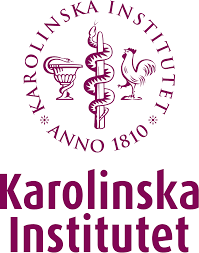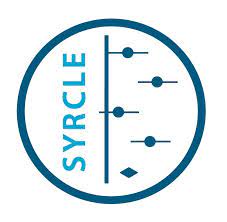3R-Ranker
This tool uses a machine learning algorithm that is trained via reference scoring to discriminate between scientific abstracts that are about animal replacement (and even broader: the 3Rs) and those that are not. This saves researchers a lot of time in finding out if animal replacement is possible because such a check within research has now become a requirement by EU regulations.
How does the assessment work?
In order to start the assessment, reviewers have to select their assigned Reviewer number in the left panel. This number has been sent in a separate email. They always have to select this reviewer number when scoring abstracts for the 3Ranker. The number of ranked abstracts are shown next to the reviewer numbers.
In the middle of the page abstracts with title are shown. Each abstract is subject for assessment solely based on the provided title and abstract text. A new abstract is shown after the red, orange and green button is clicked. Reviewers click red if they are sure this has nothing to do with 3R (animal replacement), orange if they are not sure, and click green if they are sure the article deals with 3R.







